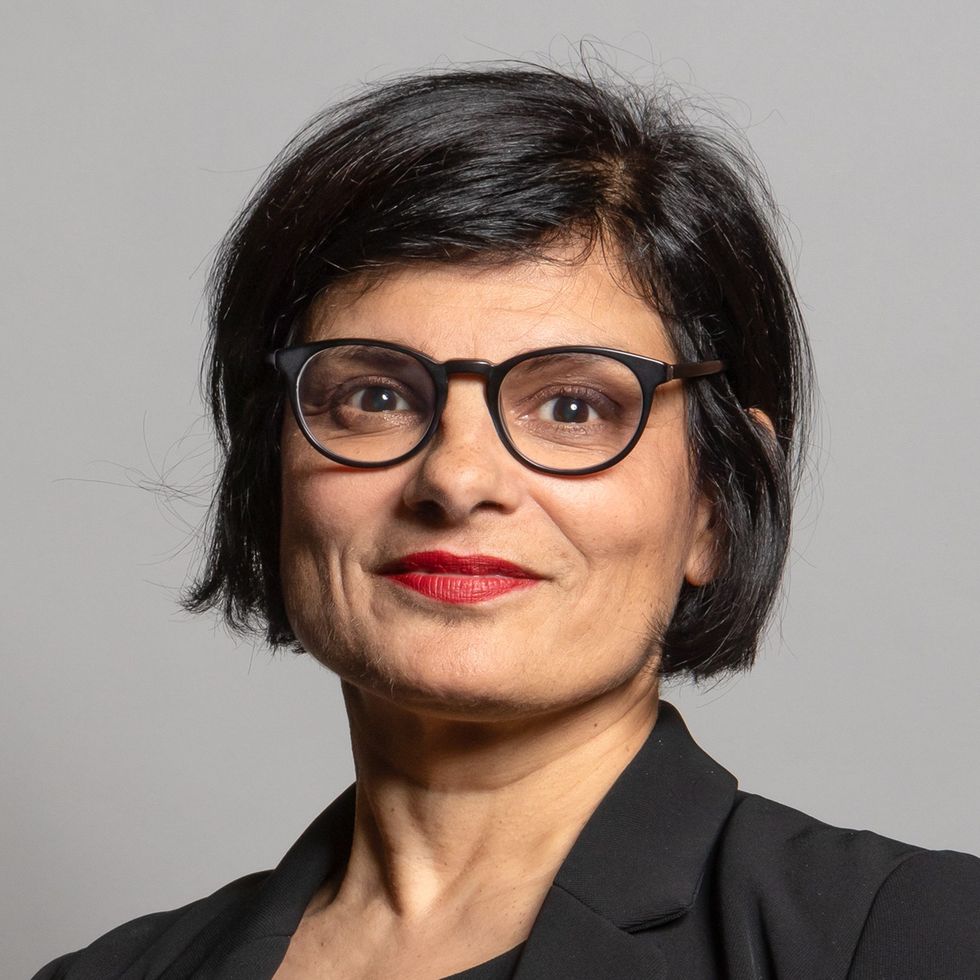BRITAIN has planned to increase the pace of vaccine rollout in areas where the Indian variant of Coronavirus has emerged, the vaccine minister Nadhim Zahawi said on Friday (14).
The UK has delivered one of the fastest inoculation campaigns in the world, giving a first shot to almost 70 per cent of the adult population and a second to 36 per cent, helping to reduce infection rates and deaths.
As Britain takes the next step to emerge out of lockdown, prime minister Boris Johnson describes it to be "cautious but irreversible" route, and going on to warn that the new B.1.617.2 strain emerging from India could derail that.
Government agency Public Health England (PHE) said on Thursday (13) that the total number of confirmed cases of the new variant had more than doubled in the past week to 1,313 across the United Kingdom.
Zahawi said in areas where the new variant had emerged, the government would step up enhanced testing, whereby all residents of an area are asked to get a PCR test given that virus variants are circulating in the community, with authorities seeking to assess how widespread they are.
He said vaccines could also be offered to younger people if they live in multi-generational households. Shots are currently available to everyone over the age of 38.
In addition, the tweaked plan could narrow the gap between the time someone takes the first and second dose of the Pfizer shot.
"We will do whatever it takes in the vaccination programme...to deliver additional enhanced protection," Zahawi told BBC TV.
With the highly transmissible coronavirus variant first detected in India now being found in countries around the world.
Zahawi said there were concerns about the presence of the variant in some parts of northern England and London but that there was no evidence that it had a more severe impact on people or was able to escape the vaccines.
Indian variant found in Leicester
Meanwhile, three cases of the Indian strain were reported at the end of last month in Leicester, and small number of further cases were identified with the exact numbers not yet known. But the health officials of the city believe they have current cases under control and not doing surge testing.
The cases that have been recorded in the city can all be linked back to travel and so instead of surge testing, targeted testing of their close contacts is being carried out.
Leicester’s director of public health, Professor Ivan Browne said: “Having been notified at the end of April of our first positive cases where a variant for investigation was found, we expected more cases to follow, and that is what’s happened.
“There is currently no evidence that this variant causes more severe illness or increased risk of mortality. Our advice to everyone remains the same. The best way to stop the spread of the virus is to keep washing or sanitising your hands, wear a face covering in public places, stay apart from those you don’t live with, and abide by the restrictions in place.
“Anyone who has travelled to another country recently, even an amber route country, should be isolating on their return.”


















 Thangam Debbonaire (Pic from Wikimedia Commons)
Richard Townshend
Thangam Debbonaire (Pic from Wikimedia Commons)
Richard Townshend


